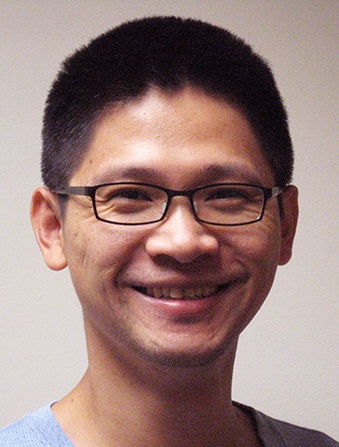

题目:Understanding Dialogue from an Information Theoretic Perspective
时间:2019年11月20日 10:00
地点:80足球直播吧 F301会议室
报告人:Dr. Yang Xu (San Diego State University, USA)
邀请人:朱翀 助理教授(智能汽车研究所)
Biography
Dr. Yang Xu is an Assistant Professor in Department of Computer Science at San Diego State University, USA. He received his B.S. in Electronic Engineering in 2010, and M.S. in Psychology in 2013, both from Tsinghua University. He received his Ph.D. degree in Information Sciences and Technology from the Pennsylvania State University in 2018. His research interests span across cognitive science, computer science, linguistics and psychology. He uses machine learning techniques to study the subtlety of language use in dialogue and the long-term historical changes of language. His research topics include: how people adjust their language to reach better coordination in dialogue and to maintain efficient communication, how certain linguistic constructions correspond to the cognitive constraints of human mind, how the vector space representations of word semantics evolve historically, etc.
at San Diego State University, USA. He received his B.S. in Electronic Engineering in 2010, and M.S. in Psychology in 2013, both from Tsinghua University. He received his Ph.D. degree in Information Sciences and Technology from the Pennsylvania State University in 2018. His research interests span across cognitive science, computer science, linguistics and psychology. He uses machine learning techniques to study the subtlety of language use in dialogue and the long-term historical changes of language. His research topics include: how people adjust their language to reach better coordination in dialogue and to maintain efficient communication, how certain linguistic constructions correspond to the cognitive constraints of human mind, how the vector space representations of word semantics evolve historically, etc.
Abstract
Rational speakers in a dialogue organize their languages under the principle of efficient information exchange. This rational process is often interwoven with some subjective aspects of human language, such as alignment, social accommodation etc. Transcript data of dialogue contains rich clues about how speakers weigh the different aspects of language interactively. Using proper computational methods that combine metrics from the multiple aspects, we can approach a holistic understanding of dialogue and human communication in a broader sense. In the first part, I will cover my work on using topic segmentation algorithms and language models to build a novel information-theoretic model of dialogue, which captures the convergence pattern between speakers. In the second part, I will demonstrate that this information-theoretic model can be used to predict the collaborative performance of task-oriented dialogues, and to justify the effect of social power on language use.
